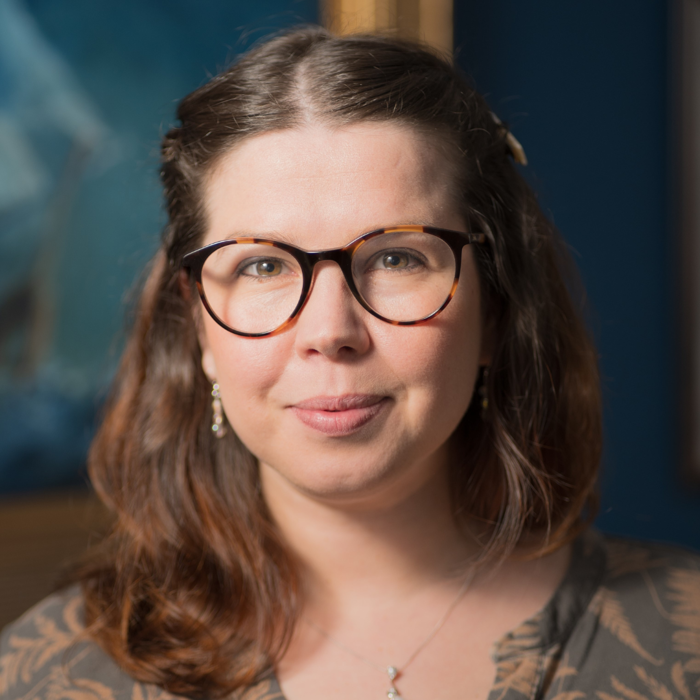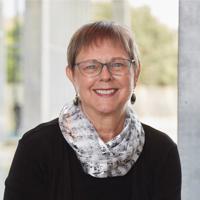Music Reading for Students with Learning Disabilities
Thursday 22nd February 2024, 5:00 PM - 7:00 PM (London Time)
There are music students in private studios and school classrooms who are not readily learning to read music through standard instruction. Research into dyslexia gives us insight and guidance to how students with learning disabilities can be taught in a way that effectively builds the neural pathways for literacy. Using the style of teaching first created by the dyslexia researchers Stillman and Gillingham, Multisensory Structured Language (MSL), we can redesign our approach to teaching music reading that follows a strict, logical and effective order to build the neural pathways that are necessary for students with learning disabilities to learn.
Music reading is most often taught as a secondary skill to performing skills, and therefore does not follow its own logical, systematic approach. This negatively effects students who are not neurologically wired to learn through our traditional standard instruction. Applying the principles of MSL instruction to music reading instruction reorganises the steps to learning in surprising and effective ways. Adapting this scientifically researched approach to music reading makes it possible for struggling students to have access to music literacy.
This course will review the research surrounding certain learning disabilities such as dyslexia, dyscalculia and ADHD, and the research-based solutions that have been found to work successfully. We will examine current methods of music reading pedagogy, and then compare that to systems specifically designed to accommodate students with learning disabilities.
Dr Elizabeth Morrow
Dr Elizabeth Morrow, Professor Emerita, was awarded the degree Doctor of Musical Arts in Cello Performance from the University of Southern California. As a recitalist, she has concertized extensively in Europe and North America. An award-winning pedagogue, Dr Morrow has been an active presenter for the American String Teachers Association and Texas Music Educators Conference.

Attend this course for as little as £22 as part of the Voice Professional Training CPD Award Scheme.
Learn MoreSorry, this is an archived short course...
We have plenty of upcoming short courses coming soon. See details of some of them below or look at the full list of short courses.

Monday 7th July 2025
2:00 PM - 4:00 PM
Tuesday 8th July 2025
2:00 PM - 4:00 PM
Wednesday 9th July 2025
2:00 PM - 4:00 PM
Friday 11th July 2025
2:00 PM - 4:00 PM
Monday 14th July 2025
2:00 PM - 4:00 PM
Tuesday 15th July 2025
2:00 PM - 4:00 PM
Wednesday 16th July 2025
2:00 PM - 4:00 PM
Friday 18th July 2025
2:00 PM - 4:00 PM
(London Time)
Introduction to statistics and working with quantitative data for Voice Professionals: 8-Session Online Bootcamp

Dr David Cane
This certificated statistics course is ideal for individuals interested in laying a solid foundation in quantitative research methods. By focusing on essential statistical principles, you will be equipped with the tools to understand and apply quantitative research techniques effectively. Statistics is a crucial component of quantitative research; mastering it will enable you to grasp quantitative methods more confidently and precisely.


Tuesday 15th July 2025
5:00 PM - 7:00 PM
(London Time)
Exploring the roots of the tongue: Ideas for performance

Walt Fritz
As a relative outsider looking into the voice and performance world, I witness the bell curve of thoughts and actions on how the tongue contributes to voice problems and how best to tame that tension. Traditional ways of taming tongue tension seem adequate (or would seem so, based on feedback), so what is different and new? In this short course for the Voice Study Centre, Walt Fritz will introduce the learner to variations on self-applied tongue stretches and exercises.


Wednesday 16th July 2025
2:00 PM - 4:00 PM
(London Time)
Emotion and Performing Accents and Dialects: why does Emotion Get in the Way?

Louisa Morgan
At points of heightened emotion, it is common for actors working in an accent to default to their natural speech. How do we help performers to avoid this issue and provide them and their directors with the confidence they need regardless of the emotional demands of the piece? What can we learn from research in vocal expression of emotion to help actors to embody the emotion and keep control of their voice and accent? Our very own Louisa Morgan will guide participants through the latest research and offer practical suggestions for working with performers needing to navigate this challenge.
